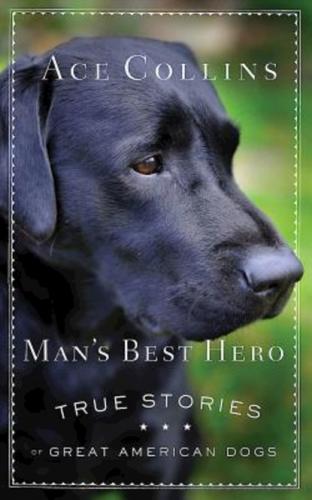When Conroy finally grew tired of the road, he and Stubby returned to Washington not as guests of the president, but so the man could attend Georgetown University Law School. As Conroy studied, Stubby hung out on the football field, getting to know the players, coaches, and cheerleaders and, because of his antics and tricks, was quickly adopted as the school’s mascot. At halftime he entertained crowds by pushing a football all over the field. When the team raced back into gridiron for the second half, Stubby would stand and salute the men.
In 1926, Stubby’s age, combined with the effects of his war injuries, caught up with him. He no longer had energy in his step and it became an effort to stand and salute. He spent most of his time sleeping. One day he crawled up into Conroy’s lap, and as the man petted his now graying head, the dog died.
Unlike many who fought in World War I, Stubby’s death did not go unnoticed. Newspapers all around the country ran news of his passing. The nation’s leading daily, The New York Times, cited an often-dismissed element of the dog’s personality. The story the paper ran noted he was a cheerleader. He didn’t just save lives; he lifted spirits, inspired courage, and led a charge to victory. In his obituary the Times closed with these thoughts, “The noise and strain that shattered the nerves of many of his comrades did not impair Stubby’s spirits. Not because he was unconscious of danger. His angry howl while a battle raged and his mad canter from one part of the lines to another indicated realization.” What the obituary writers missed was the dog’s amazing determination to adapt and change. In every situation he was always looking to become more than what he had been and, over time, grew to become more than anyone could imagine.
America’s devotion to Stubby was so great that the nation would not allow the war hero to simply be buried. They had this symbol of freedom and courage mounted and placed in an exhibit at the Smithsonian’s Museum of American History. Yet the real monument to this dog’s courage is not found at the Smithsonian; it can only be realized when imagining the hundreds of men who came home from World War I who otherwise would have—without this dog’s actions—died on battlefields in France. Not a bad legacy for an unwanted pup that had once been turned out onto the streets to die.
Конец ознакомительного фрагмента.
Текст предоставлен ООО «ЛитРес».
Прочитайте эту книгу целиком, купив полную легальную версию на ЛитРес.
Безопасно оплатить книгу можно банковской картой Visa, MasterCard, Maestro, со счета мобильного телефона, с платежного терминала, в салоне МТС или Связной, через PayPal, WebMoney, Яндекс.Деньги, QIWI Кошелек, бонусными картами или другим удобным Вам способом.
